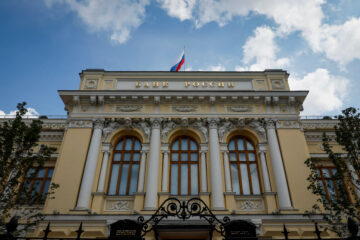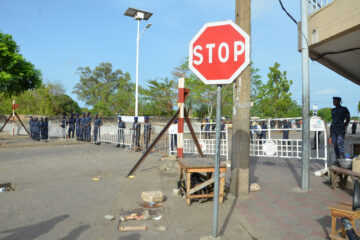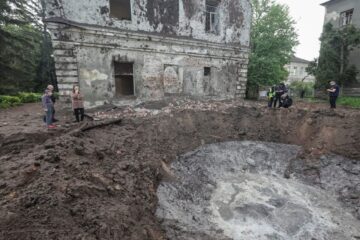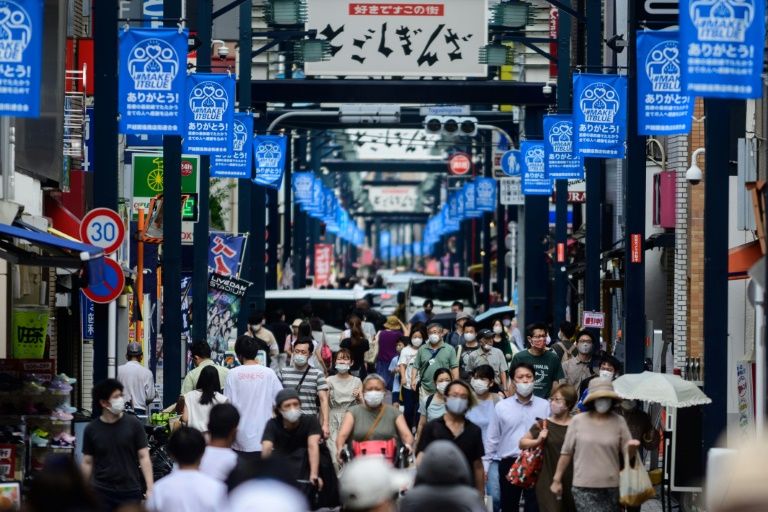Australia and New Zealand ‘travel bubble’ in sight as virus growth slows
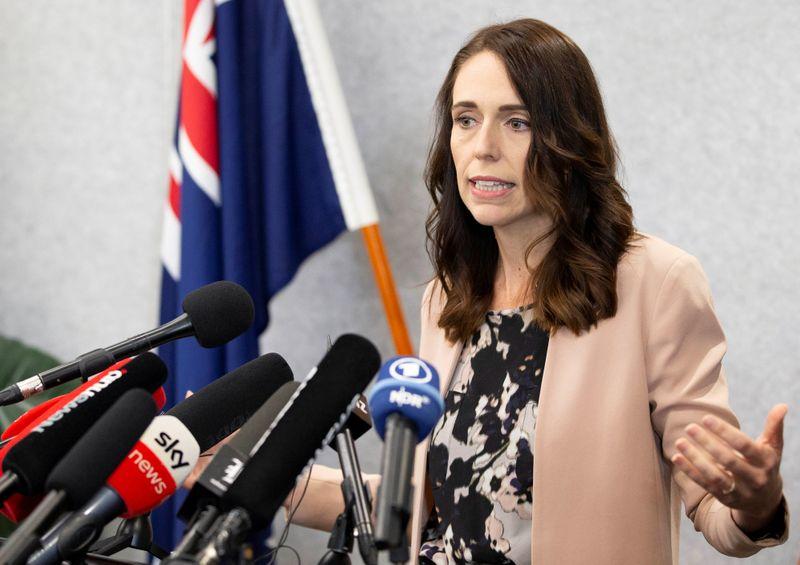 New Zealand Prime Minister Jacinda Ardern during a news conference in Christchurch. REUTERS
New Zealand Prime Minister Jacinda Ardern during a news conference in Christchurch. REUTERSNew Zealand and Australia could soon open their borders to each other, creating what they call a “Trans-Tasman bubble” as they look to restart their economies after getting their novel coronavirus outbreaks under control.
New Zealand Prime Minister Jacinda Ardern confirmed on Monday she would take part in an emergency Australian coronavirus cabinet meeting on Tuesday, adding to anticipation of a travel deal.
The neighbours, separated by the Tasman Sea, have slowed their coronavirus epidemics substantially, to a level well below those in the United States, Britain and other countries in Europe.
Australia has recorded about 6,800 infections and 96 deaths, and New Zealand has had 1,137 cases and 20 fatalities.
Both have a coronavirus mortality rate of just 1% and have maintained low, single-digit daily increases in new cases for weeks, successes they attribute to social distancing and extensive testing.
WHAT IS THE BUBBLE?
Neither leader has outlined what a “bubble” would look like and there is no clarity on a timeframe either, but it would likely allow free movement between Australia and New Zealand while both keeping their borders closed with other countries.
Ardern has warned that more health measures needed to be in place before travel between them could begin again, saying it was unlikely to happen be “in the very, very near short term”.
Borders separating Australia’s states are still closed.
There is speculation a “bubble” could include Pacific Island nations as they have also managed to keep the virus in check. It would be a major boost to those countries as well as a diplomatic coup, at a time of concern in Australia and New Zealand about growing Chinese influence in the region.
WHAT’S NEEDED TO LAUNCH A “BUBBLE”?
Simon Westaway, executive director of Australian Tourism Industry Council, told Reuters discussions with the government on easing travel with New Zealand were in a very early stage.
He said a “robust health infrastructure” in addition to customs, immigration and quarantine checks would go a long way in restoring confidence among travellers.
“We believe there will need to be some sort of health screenings that come on top of customs, immigration and quarantine arrangements,” Westaway said.
“There are technologies out there that can help effectively screen, not just putting thermometers on people’s heads.”
Hussan Vally, an epidemiologist and senior lecturer in Public Health at La Trobe University, said New Zealand would be watching closely over the next few weeks as Australia increases testing and relaxes some restrictions.
“It is a logical thing to explore between Australia and New Zealand because we are so closely connected in so many ways and we both have very low amount of transmission of COVID-19,” Vally told Reuters, referring to the illness caused by the coronavirus.
“I feel like opening borders to other countries is quite a way away. In fact, international borders would be one of the last things that get opened up completely.”
HOW WOULD PEOPLE GET AROUND
Airlines would resume services.
Air New Zealand’s <AIR.NZ> chief revenue officer has been enthusiastic about a travel bubble, noting on Twitter that historically, Air New Zealand has deployed 22% of its capacity to Australia. Australia’s Qantas <QAN.AX> would also benefit.
WHAT WOULD IT MEAN FOR TOURISM?
Australia and New Zealand have very close economic ties. Even with a surge in Chinese tourism since 2016, Australia was the most important source of international tourists into New Zealand, according to Deutsche Bank economist Philip Odonaghoe.
Over the year to March 2020, 613,000 Australians travelled to New Zealand for a holiday, compared with 272,000 Chinese. Australian tourists spend more on aggregate, even though less on average than Chinese visitors.
“A ‘Trans-Tasman travel bubble’ would likely go a long way to alleviate the negative virus impact on New Zealand’s tourism trade,” Odonaghoe said.
WHAT ABOUT SPORTS?
There is a possibility Australian and New Zealand teams could play each other in sports such as in cricket, rugby and netball.
The New Zealand Warriors rugby team on Sunday landed in Australia for a two-week quarantine ahead of the National Rugby League’s 2020 season.
But under a “bubble”, New Zealand and Australian teams would be able to remain based in their own countries and travel for matches without the need for quarantine. New Zealand teams also play in Australia’s soccer and basketball professional leagues.
SOURCE: REUTERS

